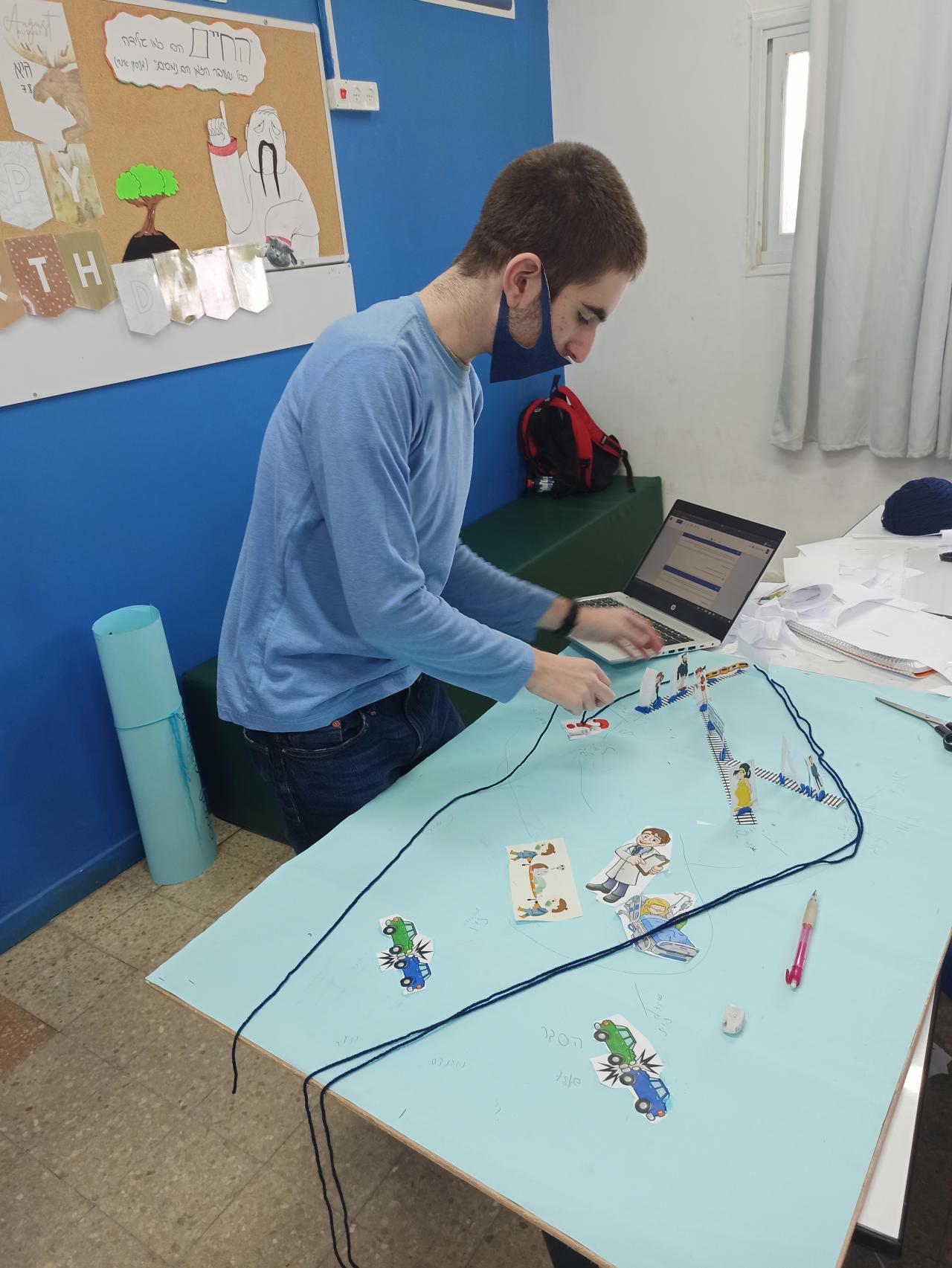Decision-MakingMake better choices - by understanding the science behind decision making

Ready for action?
What
The possible connections with your curriculum
Who
The people who take up the teacher role
Where
The locations where learning takes place
With
The community stakeholders to collaborate with
Short abstract
During this Learning Scenario, students will learn about decision-making through a targeted study of psychology, neuroscience, biology, computer science and mathematics. The inquiry and learning process will include, among other things: interviews with parents regarding significant decisions they have made in their lives, simulation games, meetings with experts who specialise in decision-making and basic computer programming. There will be a visit to a computer science exhibition at the Science Museum to learn about how computers learn and make decisions, and independent group work on decision-making in the natural world. Students will then be asked to create a physical model representing any decision they choose (whether at an individual level or at a class/school/state level). The model-building process will be supported by an artist or designer. At the end of the Learning Scenario, students will present their finished products to other students and parents from their school and the nearby elementary school.
Students will play a game to familiarise themselves with the subject of decision making. They will also produce a model or other representation of a decision-making process and the interdependent factors involved. This will help them to formulate the challenge set for completion of the Learning Scenario.
Students will explore how computers learn and make decisions by creating and modelling algorithms. They will look at simulation games and discuss the ethics relating to AI.
In the first part of this Learning Unit, students will meet a psychologist/school guidance counsellor to discuss and practise decision-making strategies. They will examine the factors that influence our choices and decisions. In the second part of the Unit, students will ask why people make irrational decisions. To explore this question they may participate in a selection of experiential activities. Finally, they will read a scientific article which interrogates the stereotype of whether teenagers really make bad decisions.
Students will interview their parents regarding a significant decision they have made in their lives. They will then meet a lead decision-maker in the community (school principal/governor/local councillor) to learn about how they make sound decisions (optional)
Students will participate in workshops and tour an exhibition about computer science and the human body. The trip will focus on the coordination that happens between decisions or actions that are made consciously and those that are not.
Students will research and produce a presentation about the strategies used by different organisms in the natural world to make decisions. They will meet a neuroscientist to learn about the influence of the different parts of the brain on decision-making, and a speech therapist will explain the connection between brain function and decision-making in people with ADHD or learning disabilities.
Students will meet with an artist or designer to explore how they can depict an idea or concept with a physical model. They will explore the idea of viewer involvement in preparation for building a physical model to represent decision-making.
Students will work in groups to build a physical model to represent decision-making. The model will illustrate a decision either on an individual level or on a community/national level.
Students will arrange a special event to present their models to students and parents of the school.
Teacher feedback
Aha moments
- LU2 (Machine learning): The part where the students had to formulate an algorithm for making a sandwich helped them understand and internalise the way a computer needs to be programmed, and illustrated for me, as a maths teacher, the need to write clear proof in geometry.
- LU2 (Machine learning): During the Kahoot game, the students were able to internalise the idea that we learn from our mistakes. Up until then, "learning from mistakes" was just a cliché, but the activity proved it is in fact the case.
Uh oh moments
- LU2 (Machine learning): When using Google's Teachable Machine software, I needed to prepare a clear example in advance. As it was, the students were unable to achieve anything significant within the time constraints.
General tips
- Don't skip the discussion about ethical issues (LU2) - the students were very involved, and the topic seemed to be very interesting/relevant to them.
- This Learning Scenario is very experiential, even without building the final physical product. If you feel that the students are "loaded up" with experiences, and that the final project is unnecessary, it will not significantly detract from the Learning Scenario.
- If teaching time is limited, students can just interview a parent in LU4. LU5 is optional, as well as the meeting with the neuroscientist in LU6.